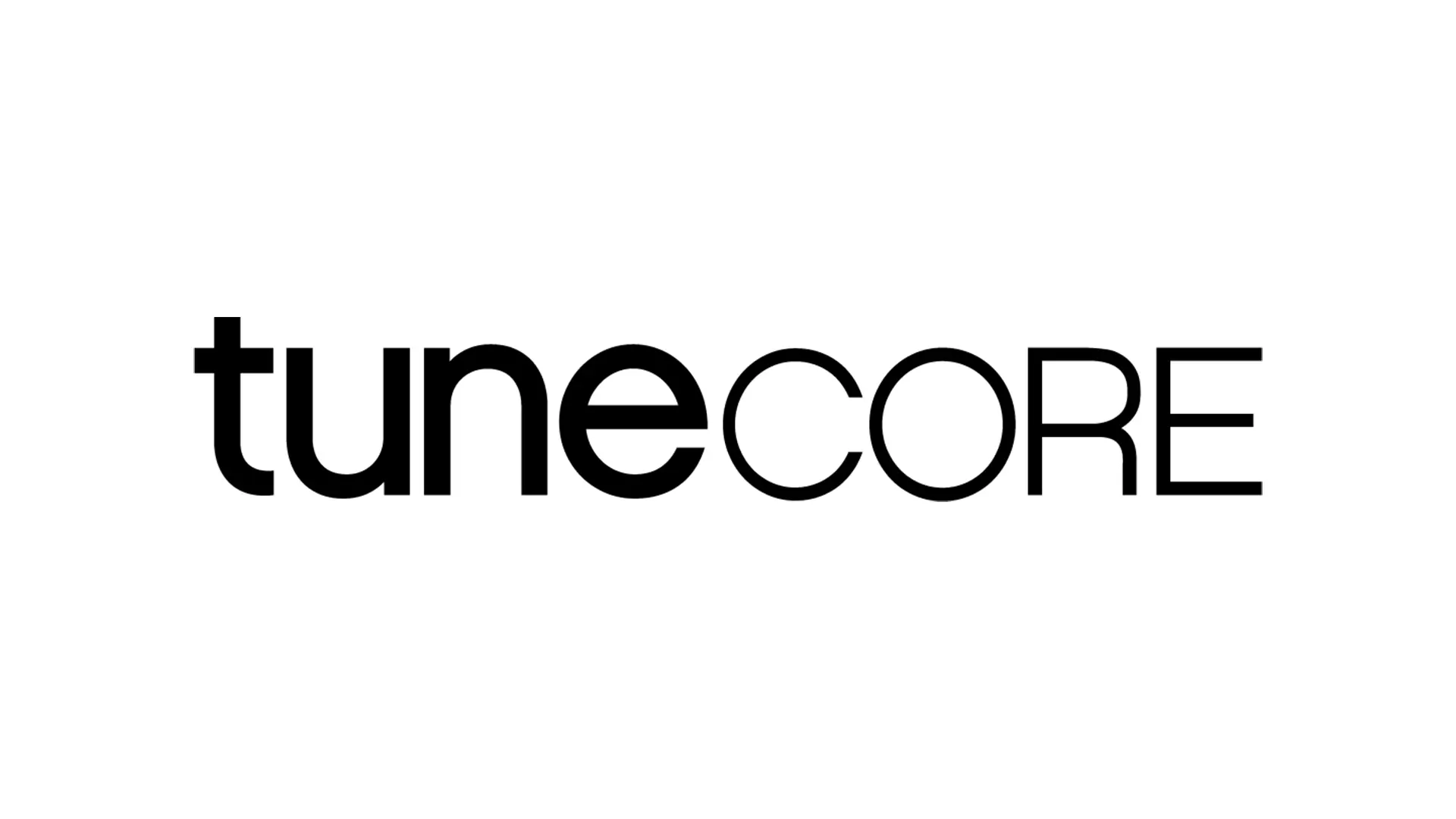Tunecore Review 2024: Pricing, Features & Everything You Need to Know
By Payusnomind · Sep 21, 2024
Members

Review of the music distribution service Tunecore
Unlock the full breakdown
You’re viewing a preview. Members get the full analysis, comparison tables, and step-by-step recommendations.
Become a member
Full access to all guides, comparisons, and deep dives.
- Full article archives
- Updated comparison notes
- Members-only deep dives
Already a member? Log in here.